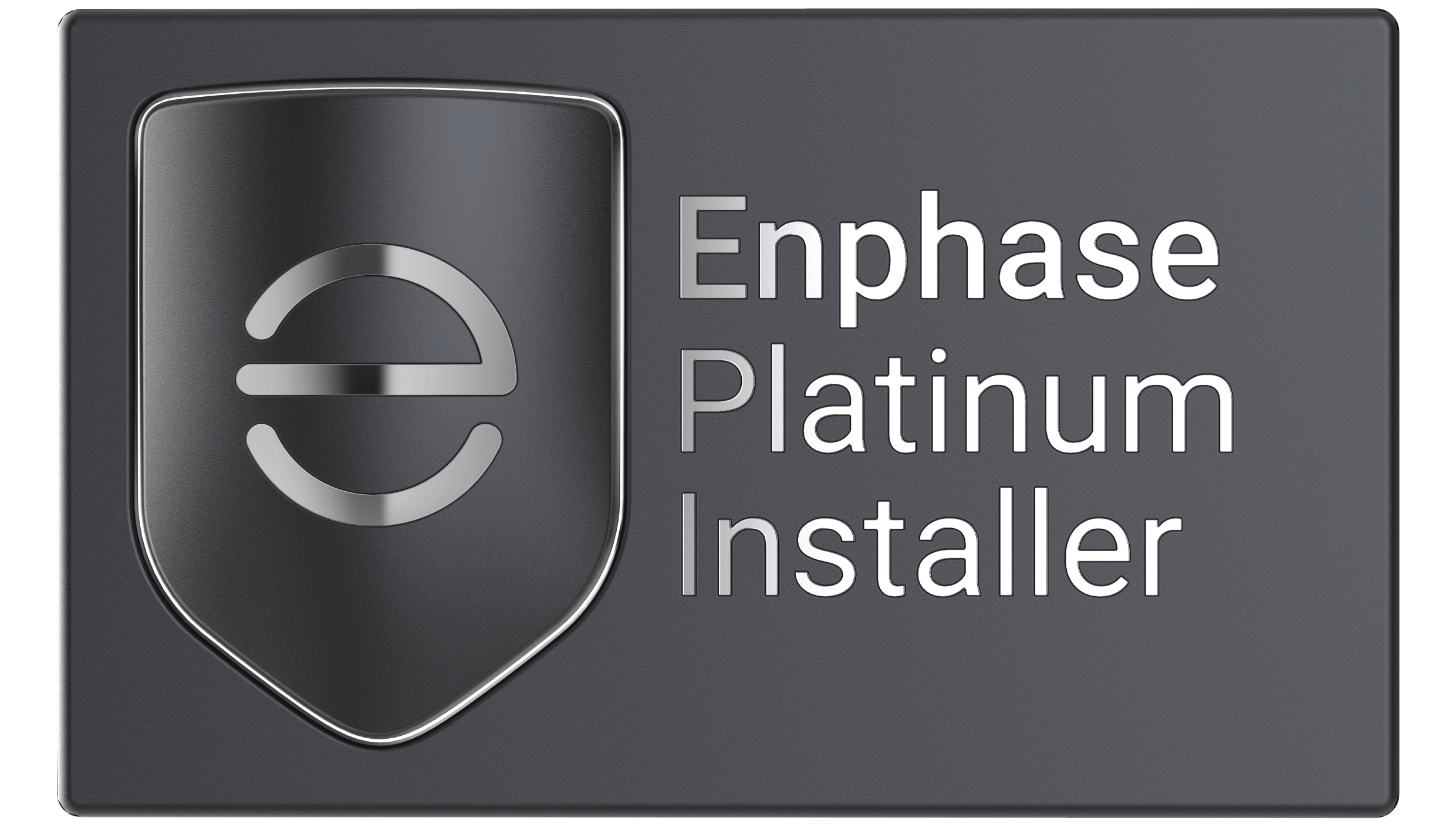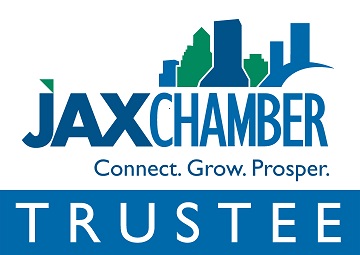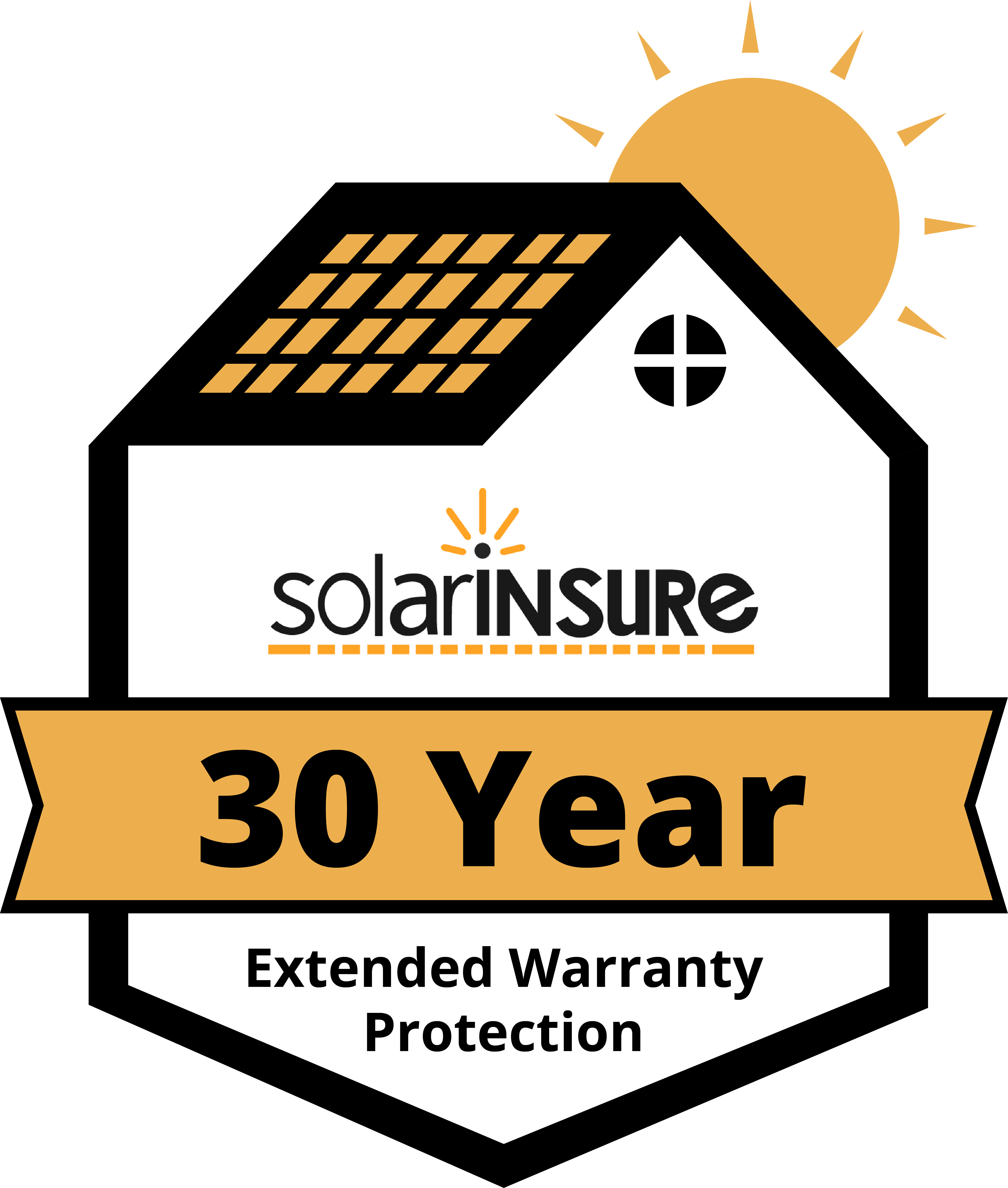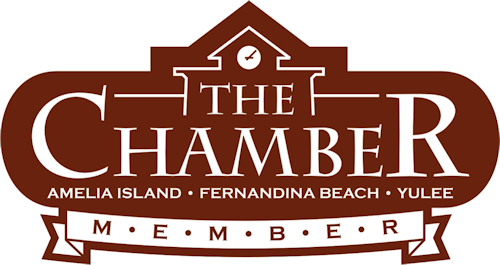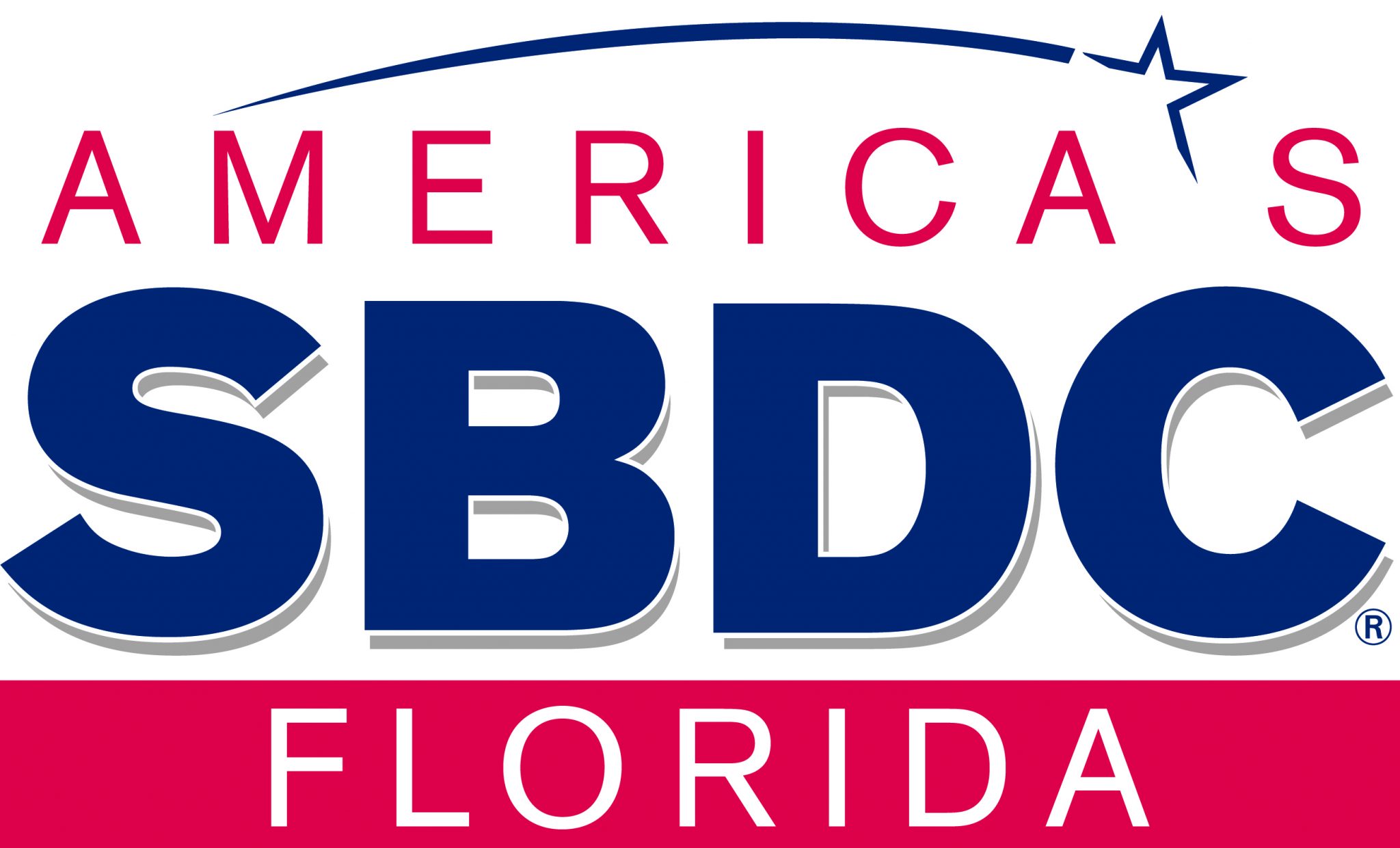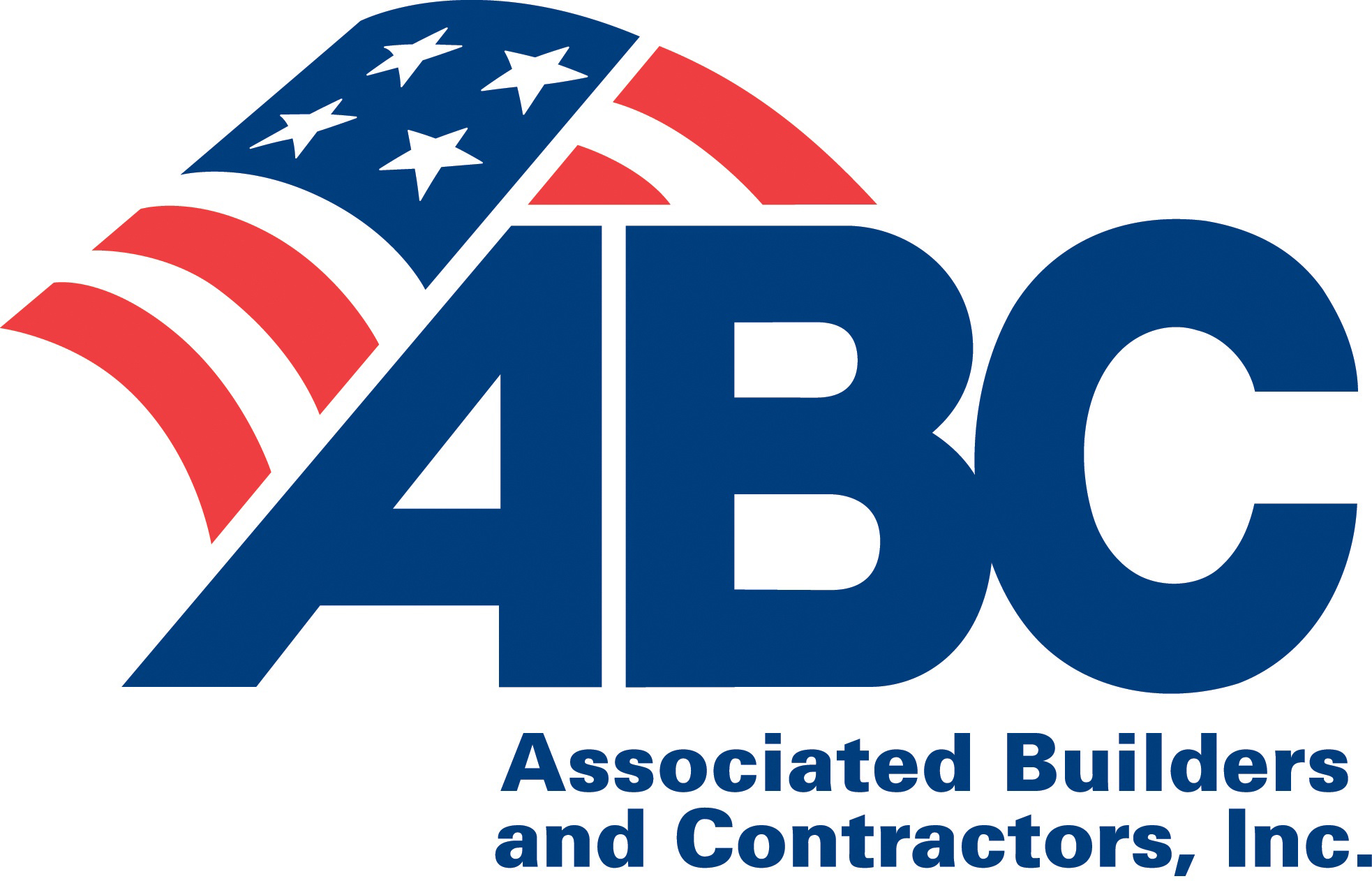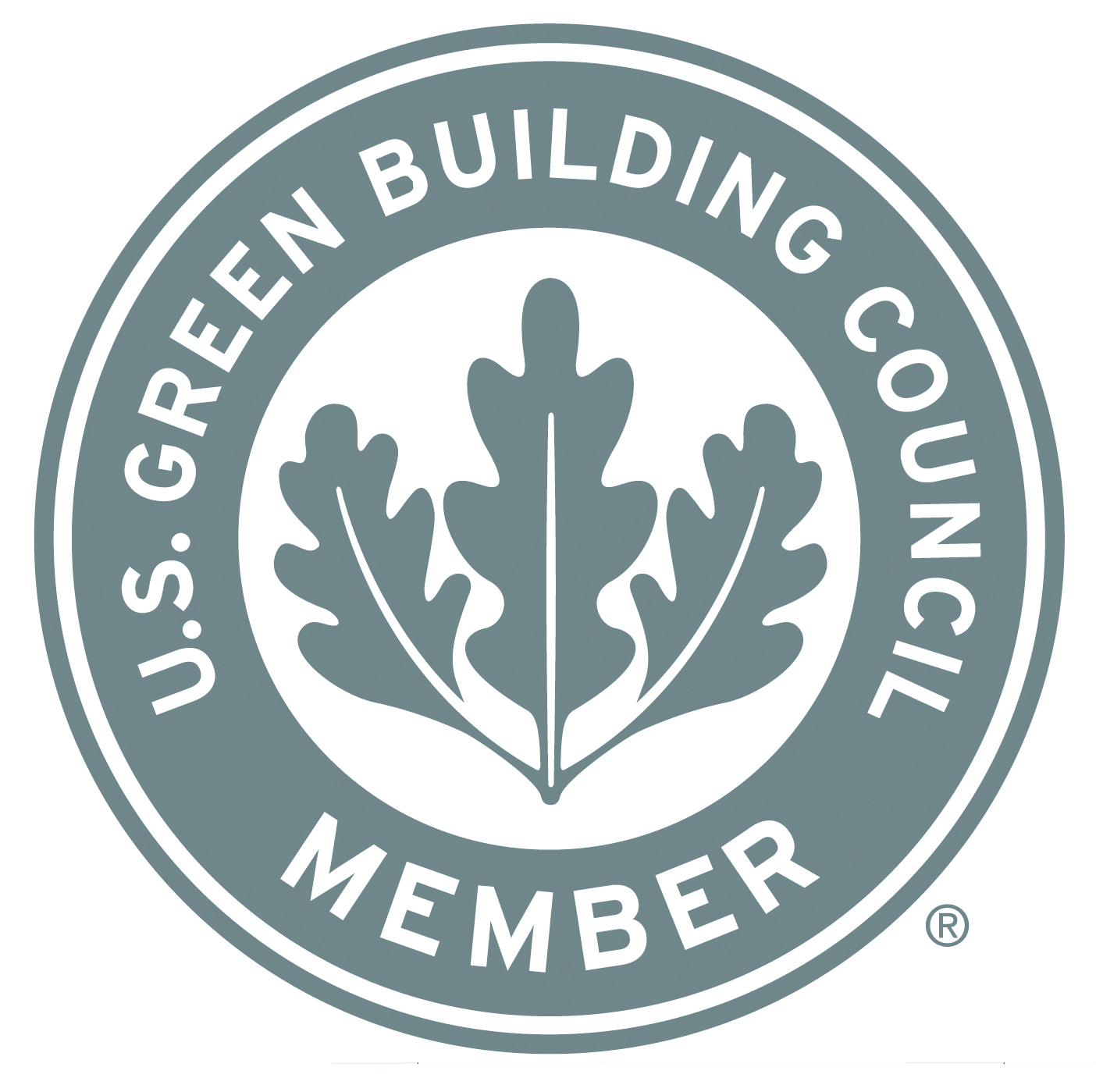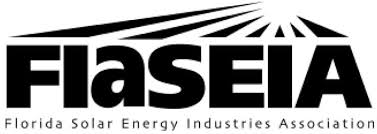- Are panels on my roof at risk during a hurricane?
To meet Florida’s strict wind codes, solar panels must be fastened with a mounting system that anchors the roof sheathing with lag screws into the roof trusses, reinforcing the roof and making it stronger. These solar panels are less susceptible to damage from blowing debris. In some cases, the solar panels and roof below survive better than the non-solar areas after a hurricane. As with any home improvement covered by homeowner’s insurance, should damage occur a claim can be filed to cover necessary repairs. - What maintenance is required?
For grid-tied PV systems with no batteries, the only maintenance required is an occasional cleaning of the dirty panels (which produce less power), with clean panels ensuring maximum performance. Cleaning frequency is a function of how fast they accumulate dirt (known as “soiling” in solar terms). With no moving parts, solar panels do not wear out. For battery back-up systems, an annual battery inspection and test is also recommended. We provide services to clean solar panel arrays and inspect battery systems. - Will a PV system make my meter spin backwards?
It depends on your building’s demand at specific times. If your PV system is generating more power than your building is consuming (which happens often), then YES. Your meter will spin backwards proportional to the amount of power being fed back into the grid. If your building’s electrical load is more that the PV power output, then NO. The meter will not spin backwards, but it will be SLOWED proportionally to the power output. - Will having solar panels ensure I have power if the utility company has a power failure?
Grid-interconnected (or grid-tied) PV systems with no batteries or generator are designed to shut down if the utility power goes out. This is a safety requirement by law to ensure the PV doesn’t back-feed the utility lines and put utility workers at risk. If the PV is designed with battery back-up and/or a generator, then back-up power will be available when utility power goes out. - Should I consider heating my pool with solar pool panels?
Solar pool heaters have been popular for decades in Florida as a low-cost way to extend the pool season. Due to the large amount of roof area required for solar pool panels, many customers are moving away from solar pool heating systems to use that same area to make electricity with PV panels, then installing electric heat pump pool heaters to boost water temperatures when needed. Ironically, it is generally more cost effective to go this route because the PV panels are making electricity everyday and the heat pump is only used for short periods — the same amount of time the solar pool panels would be needed, wasting 10 out of 12 month for making electricity. - I’m concerned about the need to put holes in my roof to mount panels. Is this a potential risk for leaks?
In order to positively mount the panels to the roof, fasteners are necessary. Roof fasteners or penetrations are flashed to ensure a leak-proof installation for decades. By hiring a licensed and credentialed solar professional like A1A Solar, you can be certain your installation will be leak-free. In the case of standing-seam metal roofs and flat roofs, there are mounting systems that use compression hardware or ballast-type mounting systems that don’t require any holes to be drilled - Will a PV system be able to run my air conditioner?
Yes, and much more. Today’s PV systems are tied into the main building service panel and provide power to the whole house rather than just one appliance. This is much more efficient, because if the AC is not running, the solar power dedicated to it would otherwise be wasted. We are less concerned about “power output” at any given time (as the intensity of the sun varies throughout the day), but more interested in “energy harvest” in a given month, or more specifically, electric utility billing cycle. So rather than getting excited your system is showing 8,000 watts of power at noon, you’ll be happier that you harvested 1,400 kilowatt-hours for the month and got an electric bill totaling $10 instead of $200. - Do all PV systems require batteries?
No. Over 95% of PV systems installed do not utilize batteries. Where utility power is available and reliable, adding batteries adds significant costs. Where utility power is not available, off-grid battery systems are a better option than noisy, polluting generators that require regular fuel runs. In all cases, a battery back-up system can be added to a grid-tied system at any time. Note that grid-tied PV systems (no batteries) can be installed in conjunction with automatic back-up generators to have the best of both worlds. - Should I consider heating my hot water with solar (thermal) panels?
Solar water heaters have been popular for decades in Florida as a way to off-set the cost of heating water typically with electricity or gas. There have been many incentives to reduce the cost of solar water heating, making it a viable cost-effective purchase, particularly for large families with high hot water usage. As A1A Solar is focused on maximum benefit to customers, we typically DO NOT recommend solar water heating to households of 4 or less. Although we do strongly believe in solar water heating technology, we also believe the newest hybrid heat pump water heaters provide better value to our customers because it reduces water heating costs by about 60% (solar is about 85%) but only costs a fraction of a solar water heater. We believe our customers are best served with grid-tied PV systems in conjunction with a hybrid heat pump water heater in pursuit of a cost-effective net-zero home energy goal. In situations where large amounts of hot water is used on a daily basis (5+ person households) a solar water heater will typically provide more attractive economics than any other form of water heating. - How do I get a price for a solar power system?
Making a solar purchase is much different than buying a major kitchen appliance, because each system must be sized specifically for the energy demand. As every house and building is different, multiple factors go into sizing and pricing a system. By having A1A Solar conduct a solar site survey with energy analysis, you can be confident in having a properly designed and installed system to provide you with reliable energy generated by a renewable source, for decades to come. Call 904-468-SUN1 or email us to schedule a consultation today.
From a Customer
“I’d recommend A1A and its solar hot water system to everyone. Great work.”
FL Residential Hot Water Customer, January 2011




